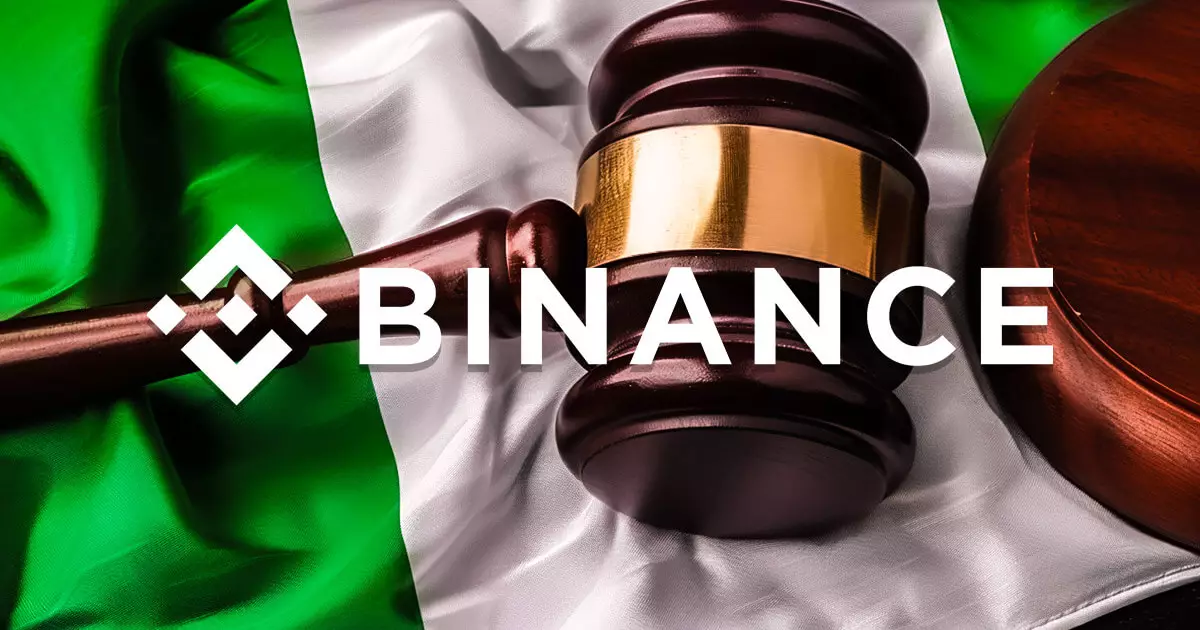Olubukola Akinwumi, the deputy director of the Central Bank of Nigeria (CBN), recently made allegations against Binance, a popular cryptocurrency exchange platform. Akinwumi claimed that Binance was conducting transactions that should only be reserved for authorized banks and financial institutions, going against the rules set by the CBN.
Akinwumi’s accusations were part of his testimony in a lawsuit brought by the Economic and Financial Crimes Commission (EFCC) against Binance and its executive, Tigran Gambaryan. The trial revolves around claims of money laundering amounting to $35.4 million. Akinwumi testified that Binance allowed Nigerian users to use pseudonyms when conducting transactions, a practice that contradicted the CBN’s requirements for disclosing true identities in financial dealings.
The deputy director further explained that Binance’s peer-to-peer platform facilitated transactions involving the Nigerian fiat currency, Naira, without adhering to the CBN’s regulations. Akinwumi highlighted the use of Nigerian bank accounts or Naira wallet accounts on the platform for these transactions, emphasizing that this behavior was against the rules outlined by the CBN.
It is important to note that Binance discontinued its peer-to-peer feature for Nigerian users in response to government scrutiny earlier this year. However, Akinwumi pointed out that Binance still allowed Nigerians to deposit and withdraw Naira from the platform using a ‘cash link,’ despite lacking the necessary license as a payment service provider from the CBN.
Nigeria has been cracking down on cryptocurrency service providers, with the National Security Adviser (NSA) labeling crypto trading as a national security threat. This shift in perspective has led to increased regulation, including the requirement for crypto exchanges and digital asset traders to re-register their businesses under a new regime established by the Securities and Exchange Commission (SEC).
Akinwumi is scheduled to undergo cross-examination on July 16 when the trial resumes, providing further insights into Binance’s alleged misconduct. The outcome of this legal battle could have significant implications for the cryptocurrency industry in Nigeria and shape the future regulatory landscape for digital asset trading in the country.


Leave a Reply